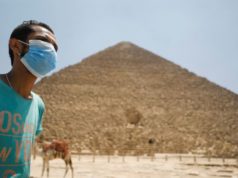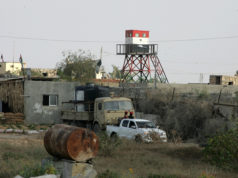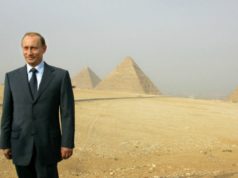Cairo is ready to re-establish diplomatic ties with Tehran after a 30 year hiatus, Egypt’s foreign minister Nabil al-Arabi said Monday. “The Egyptian and Iranian people deserve to have mutual relations reflecting their history and civilization,” al-Arabi said after meeting Iranian official Mugtabi Amani. It was the first publicly announced meeting between officials from both countries since Mubarak was toppled on February 11.
This isn’t the first time al-Arabi has raised eyebrows with his statements. Last week, the foreign minister said that he considers Hezbollah as part of Lebanon’s political and social landscape, and welcomed communication between Cairo and the Iranian-funded militant group. He also said that Cairo reserves the right to review security arrangements stipulated in the 1979 Israeli-Egyptian peace treaty, and that any such arrangements can be “amended” with the signatories’ agreement.

Egypt FM Nabil al-Arabi |
Also of concern, although not the front-runner, Egyptian presidential candidate Mohamed ElBaradei told interviewers this week, “If Israel attacked Gaza we would declare war against the Zionist regime.” While this is probably ElBaradei’s attempt to create more awareness of his candidacy at the local level, it again demonstrates that standing against Israel remains the lowest common denominator and unifying call in Arab politics.
Egypt’s reaching out to international pariahs such as Iran, Hezbollah, and Hamas will reverberate across the Middle East and beyond. Under Mubarak, Egypt kept Iran’s influence in check amid concerns over its nuclear ambitions and support to the Lebanese Hezbollah movement. Egypt also supported Israel’s blockade of the Gaza Strip, policing its border and building a steel wall to prevent Hamas from smuggling weapons.
While there is no telling what route Egypt’s foreign policies will take once a new president is elected, recent events are of grave concern for Israel and the West when it comes to the region’s future stability.





